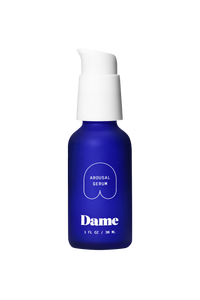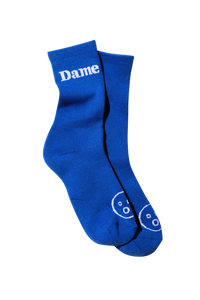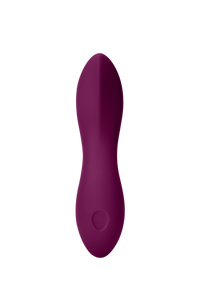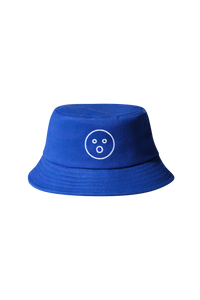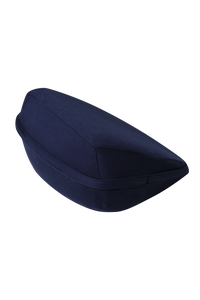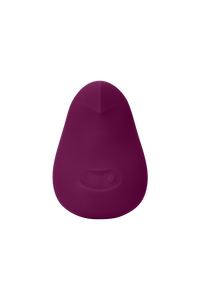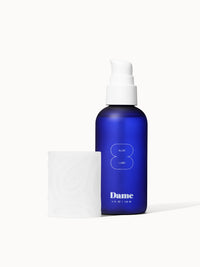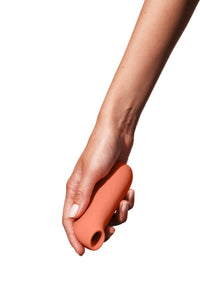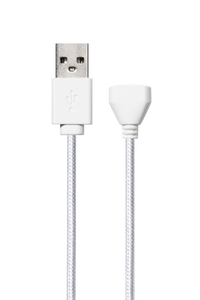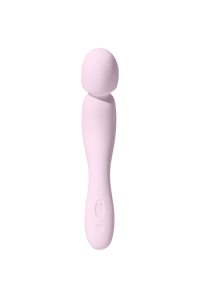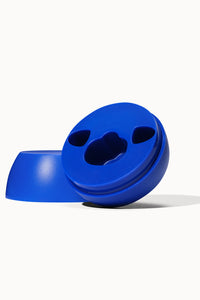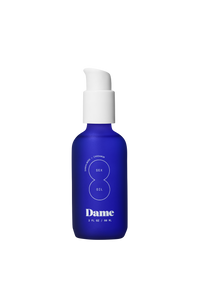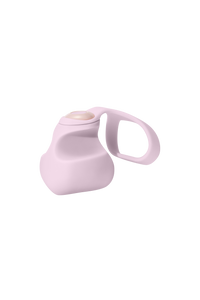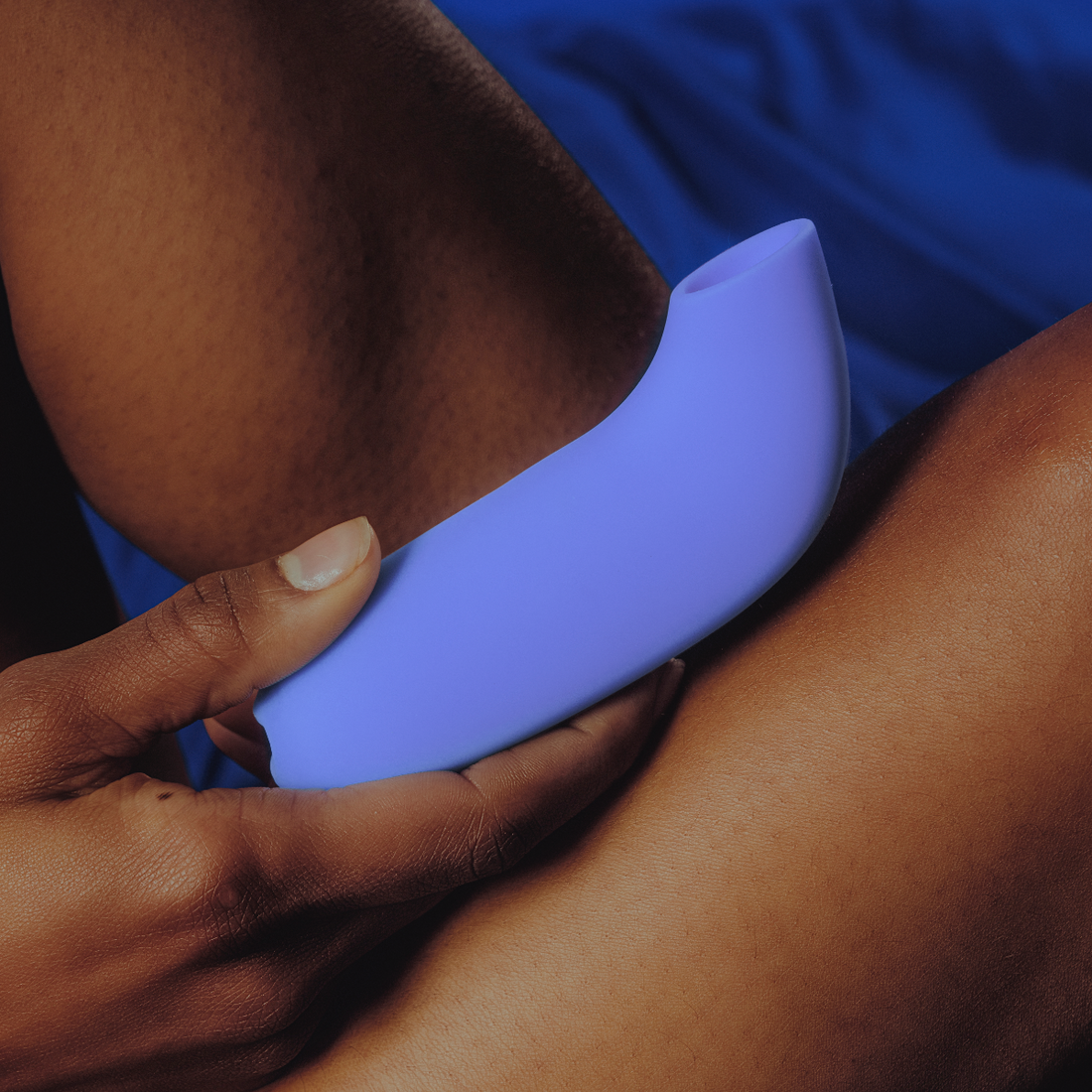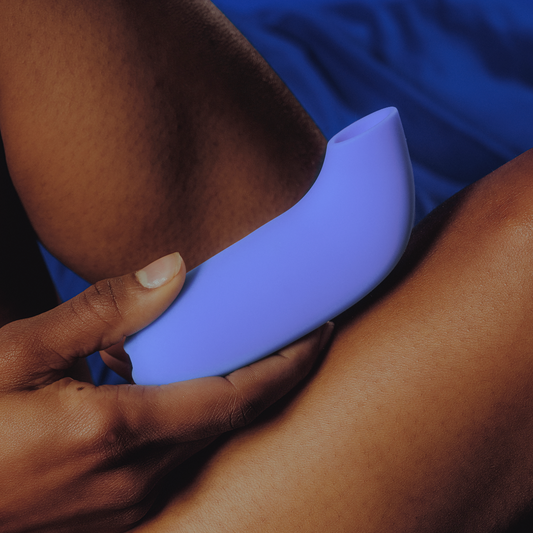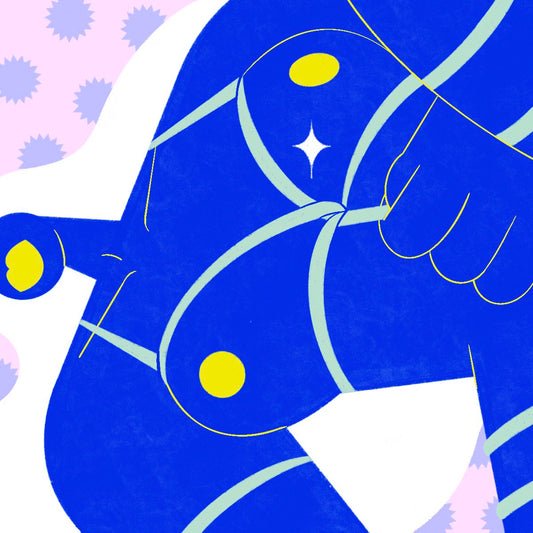The challenges of sex with a disability or chronic illness
One in four American adults has a disability that affects major daily activities, and over 40 percent suffer from chronic diseases. Many abilities that some take for granted, like the ability to use your hands to please a partner or even leave the house to meet up with a partner, aren’t always accessible to this population. “Pain itself can act as a barrier to sex,” says pelvic floor physical therapist Jenny Lee. “If a person is in extreme pain, they will not be able to engage in the activity, let alone enjoy it.” In addition, difficulties like weakness, spasticity, paralysis, and reduced muscle control can prevent people from being able to maneuver themselves into certain positions. Other complaints common to people with chronic illnesses and disabilities are fatigue, difficulties with arousal, erectile dysfunction, and reduced self-esteem, says Rachel Sommer, Ph.D., clinical sexologist, and co-founder of My Sex Toy Guide. Sex toys can not only help people overcome physical challenges but also help them regain confidence in their ability to please their partners and themselves.The exciting world of accessible sex toys
A wide variety of sex toys — some created specifically with accessibility in mind, some not — have helped people with disabilities and illnesses enhance their pleasure. The Snail Vibe — a snail-shaped vibrator with an insertable shaft and clitoral stimulator — was a game-changer for S.C., a 31-year-old with chronic pain, fatigue, and mobility issues due to fibromyalgia. “It has a large, rounded handle I can hold, and it’s way less work to thrust than a typical dildo,” they explain. “Since it’s a dual-stimulator toy, I don’t need both hands in the mix to enjoy vibration and insertion.” S.C. also uses hand harnesses — which you put over your hands to keep toys in place — to hold dildos for masturbation and for partners during sex. “Hand harnesses mean I only need to be able to move my arm to pleasure someone, instead of thrusting my aching hips on a bad fatigue day,” they say. “This is also great for masturbating more easily with some dildos it would hurt me to hold normally.” For some people with mobility issues that make it hard to leave their homes or pleasure their lovers, teledildonics — sex toys that can be controlled from a distance (usually via apps) — give them more options for interacting with partners. Sex writer Kate Sloan, who has fibromyalgia, says app-controllable Lovense toys like the masturbation sleeve Max and the prostate vibrator Edge let her please her partner when her pain and strength issues are acting up. “I don’t get out of the house much because of my disabilities,” S.C. echoes. “It’s easier to feel connected to a partner when they can control the speed and pattern of a vibrator from their own home while I’m snuggled up in my bed on a call with them.”Another big component is learning to think outside the box, which, for many, means expanding one’s definition of 'sex.'For those with conditions that cause erectile difficulties, cock rings can help with sustaining erections by restricting blood flow out of the penis, says Sommer. There are also sex toys that let someone enjoy sexual stimulation without an erection, such as the Hot Octopus Pulse penis vibrator. But toys need not be high-tech to benefit those with chronic health conditions. For some, any vibrator at all is a godsend. “Vibrators reduce the amount of wrist motion necessary for masturbation, meaning it's easier, safer, and less painful for me to make myself orgasm with a vibe than it is using just my hands,” says Rebecca, 27, who has chronic tendonitis. Vibrators that are ergonomic, not too heavy, and boast a long handle are especially useful. Dame's new wand, Com, puts a modern spin on the classic, albeit heavy and clunky, wand vibrator. Dildos and butt plugs, similarly, have helped people experience pleasure in more ways when the “typical” routes to orgasm aren’t available to them. Oliver Ring founded his sex toy company Organotoy after losing sensation in his penis during a climbing accident. “I wasn't able to come during sex or masturbation,” he explains. “Around a year later, a urologist suggested I try prostate stimulation. That was a game-changer.”

